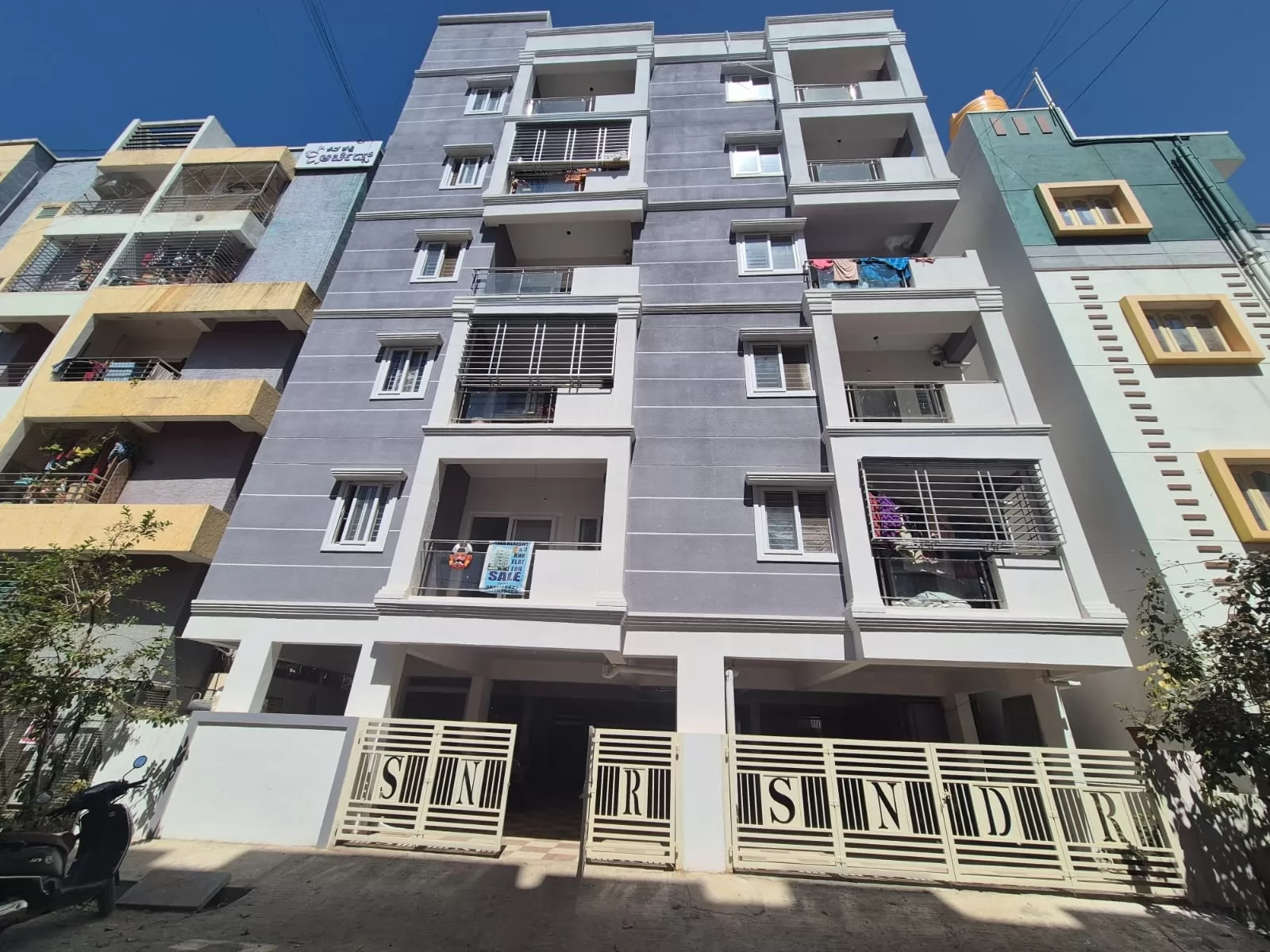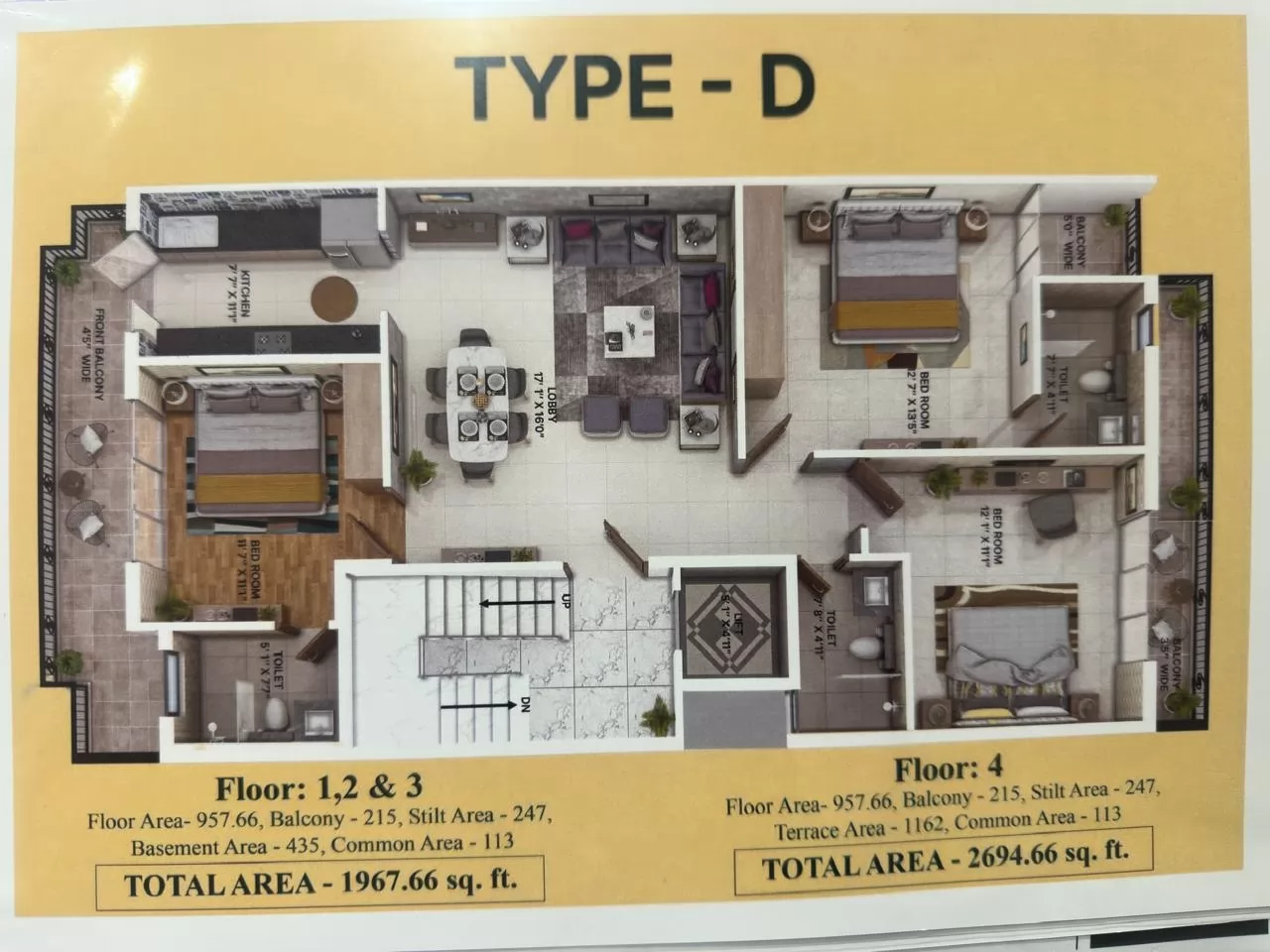Fresh Booking vs. Resale: A Comprehensive Comparison
Bricksnwall Trusted Experts

Buying a home is a
significant decision. Especially when it comes to choosing between fresh
booking and resale properties. Making an informed decision might be made easier
if you are aware of the variations between these possibilities. So, let's dive
into this informative blog of ours covering this major topic.
Advantages
of Fresh Booking:
Flexible
Payment Plans:
Fresh
booking of under-construction units offers customized payment plans. The same
can be a construction-linked plan, making it easier for you to manage payments.
Brand-New
Property:
Fresh units
are new and unused, ensuring you won't have to worry about issues. There might
be a wide range of issues like chipping paint or nail holes. You can even make
changes to the unit from scratch according to your preferences.
RERA
Protection:
The
implementation of RERA played a big role. The Real Estate Regulatory Authority
on 1 May 2017 made a change for all under-construction and new units. The
change made it obligatory for them to get registered. This ensures transparency
and safeguards your interests in case of delays. Even if there are defaults
made by the developer.
Advantages
of Resale :
Negotiation
Power:
During a
market slowdown, the resale market offers the opportunity for negotiation.
Ultimately, leading to significant discounts. This is because investors or
sellers might want to exit the market quickly.
Ready-to-Move
Options:
Resale
properties often include ready-to-move options. In turn, allowing you to occupy
the property within a few months after purchase.
Disadvantages
of Fresh Booking:
Delayed
Possession Risk:
One downside
of fresh booking is the risk of delayed possession. In case of project delays,
you might end up paying both the home loan EMIs and rent simultaneously.
GST
on Total Property Cost:
Buying a property in the
primary market attracts Goods and Services Tax (GST). As we all know GST is
different for all but here it is five percent of the total cost. The only thing
is that it does not apply to ready-resale properties.
Disadvantages
of Resale:
Lump-Sum
Payment:
Resale
properties usually need a lump-sum payment or a few installments. That too over
a short period. As a result, there might be instances where it gets challenging
for you to arrange immediately.
Additional
Broker Fee:
Involving a
broker in a resale deal could mean extra expenses. The reason being they
usually charge a fee of 1-2 percent of the total transaction value.
RERA
Exclusion:
Older
properties with an Occupation Certificate issued before May 1, 2017, are not
covered under RERA. Thus, making them a riskier real estate investment.
Potential
Transfer Fee:
Some
developers charge a transfer fee on the resale of a property, adding to the
overall cost.
In conclusion, choosing between fresh booking and resale properties requires careful consideration. Take into consideration both the advantages and disadvantages of each option. Fresh booking might be your best choice. Especially if you prefer a brand-new home with customized payment plans and RERA protection. On the other hand, if you seek negotiation opportunities, ready-to-move options, and potentially lower costs, the resale market could be more suitable. Weigh your options wisely to make a well-informed decision for your future home.




